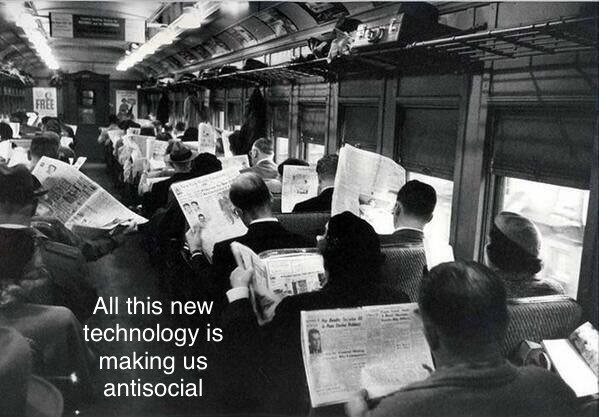
I recently completed my DPhil at Oxford, submitting a thesis titled:
Cybersecurity Anthropotechnics: Social immunology, future ethics, and the digital technosphere
Here’s the abstract:
It can be argued that cybersecurity is a holistic form of security, the security enabling all other securities, given the digital realities and interconnectivities of the globe today. As the contemporary is full of technological powers and trends that are rapidly changing the world, the character of cybersecurity has profound implications. Moreover, we are in the midst of emergent digital-technical processes that are defining our futurability, that is, the cluster of potentials that shape what happens next. We therefore need a broad, inclusive perspective of this holistic security, one that sets the ground for considering cybersecurity as the basis of our societal and existential security in the world-to-come.
Building from the question ‘what is cybersecurity?’, this thesis argues that networked computing and global digitality has produced a ‘moral emergency’. It argues that cyber is always already security because these technologies provide fundamental resources and structures for defining how we ought to live, while significantly disrupting and metamorphosing our social and political lifeworlds. Much of this is currently speculative or in early development, so we must investigate how these potentials and possibilities are likely to unfold, asking questions about the effects of certain designs and desires. We therefore need a ‘general cybersecurity’ through which to consider the fundamental dynamics of this situation and, from this, how we might choose different techno-societal designs and compose alternative ways of acting to make these possible.
This is considered through the concept of ‘cybersecurity anthropotechnics’. Here, cyber means the totality of interconnected digital technologies and their effects, including our mythic relations with computers; while security means the stability, safety, and certainty of the ordering of the structures and processes of the social world. Anthropotechnics concerns the co-productivity of humans and technics, and the unavoidable spatial and symbolic technologies of self and community formation within which humans create secured domesticity. Crucially however, this is a dynamic process always in excess of itself, always causing further disruption and insecurity.
Employing a transdisciplinary approach anchored in social theory, philosophy, and cultural critique, and incorporating history, politics, and design theory, the thesis comprises a series of linked investigations that expand the concept of cybersecurity anthropotechnics. These are organized around four thematic chapters. The first concerns immunology, which draws principally on the work of Peter Sloterdijk and Bernard Stiegler to form an onto-political position concerning the formation of humanity through and with technics; the second concerns the android imaginary, looking at how technics flourish as aspects of modern social imaginaries, with particular emphasis on the figure of the android, or artificial person; the third considers the technosphere, examining the contemporary as historical period and planetary reality, and the resultant radical transformation in the possibilities for immunology; the fourth is about futurability, the politics of time, and engagements in the ‘imaginary reconstitution of society’, with the objective of designing anthropotechnical futures that prioritise human flourishing and technical health. The thesis concludes by arguing that cybersecurity anthropotechnics be seen as the grounds for fostering forms of sapiential design; creative spaces of ethical wisdom that enable the arts and techniques of living in the digital technosphere.
My thinking has developed in some interesting ways since this was completed. Primarily this has been due to being able to think ‘outside’ of the bounds of cybersecurity – I was part of the CDT Cyber Security linked to the computer science department, so I started with this question about cybersecurity and kept pulling the threads until I ran out of time and had to put a thesis together!
